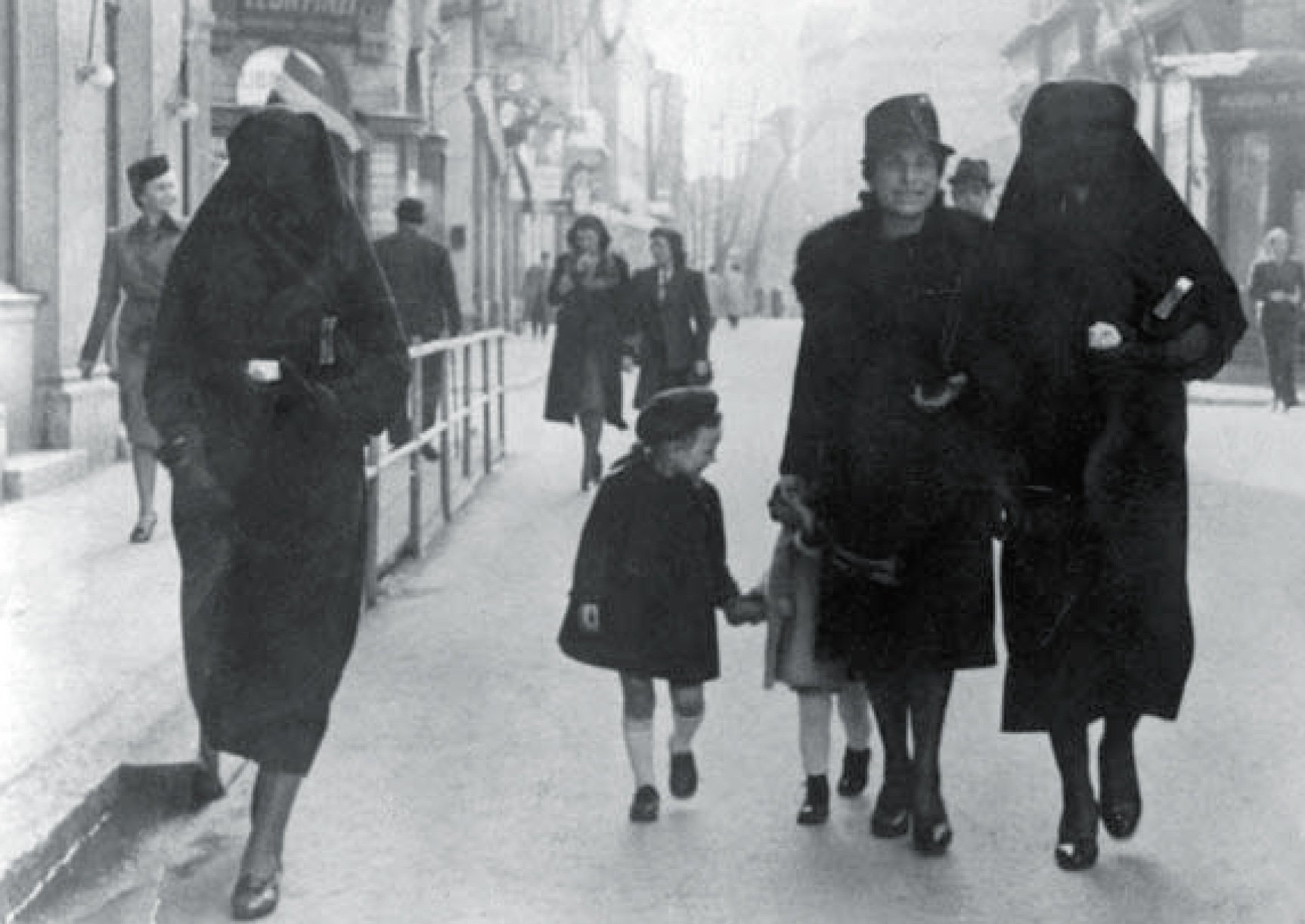
SARAJEVO PURIM OF 1819
Author: Prof. Enes Karić, PhD, Faculty of Islamic Studies of University of Sarajevo • Photos: Jewish Community of Bosnia and Herzegovina archives

In the history of Jews, particularly in Jewish diaspora, the word Purim refers to the day or the time when a local Jewish community freed themselves from a severe distress or a calamity. Originally, Purim referred to the deliverance of Jews in Persia during the Achaemenid dynasty (they ruled from the 7th to the 4th century before ʻĪsāa al-Masīḥ/Jesus Christ) when Haman, a tyrant who served in the Achaemenid dynasty, wanted to slay Jews.
In later times, Purim has become a word which refers to the remembrance of the deliverance of Jews anywhere and at any time. In the European contexts, Purims evoke memories of the salvation of Jewish communities from oppressing authorities and from their pogroms and crimes that were committed in Europe against Jewish communities or part of the Jewish communities.
Sarajevo Purim, known as Purim de Sarajevo in Jewish books, happened in October of 1819. Ottoman regent at the time vali Rushdi-pasha illegally ordered imprisonment of about a dozen most prominent Sarajevo Jews including rav Moše Danon, a Jewish dignitary and the main rabbi (hamambasha). The corrupted Rushdi-pasha required a lot of money for releasing the imprisoned Jews. Otherwise, he threatened to execute them.
The news about this heavy-handed and illegal imprisonment of Sarajevo Jews spread across the city. Jews went from one coffeehouse to another and informed their Muslim neighbors of the terrible threat and blackmail by vali Rushdi-pasha against the Jewish dignitaries and leaders. Very soon, the ordinary Muslims gathered and armed themselves, and some three thousand of them headed to vali Rushdi-pasha's headquarters with the request to immediately release the imprisoned Jews.
The Jewish dignitaries were released from prison, and Rushdi-pasha did not manage to get the money he wanted; moreover, Muslim leaders of Sarajevo composed a mazhar, i.e. a petition and submitted it to the Sublime Porte in Istanbul, where they requested urgent replacement of the corrupted vali Rushdi-pasha. Their request was soon approved, and Rushdi-pasha was executed in Istanbul for this and other misdeeds.
Jews of Bosnia and Herzegovina mark these terrible events of October 1819 as Sarajevo Purim or Sarajevo Deliverance from ruling tyrants. Besides, Sarajevo Purim is one of many examples of cooperation between different religious communities, which testifies of the rich tradition of coexistence and the interreligious and inter-national tolerance.












